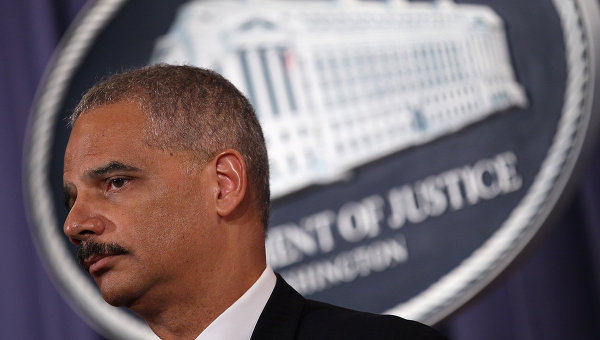March 11 (RAPSI) – Following the high-profile death of US actor Philip Seymour Hoffman, US Attorney General Eric Holder vowed in a speech Monday to combat the “urgent public health crisis” of heroin and prescription drug overdose deaths with a mix of enforcement and treatment tactics.
In his speech, Holder cited statistics revealing a 45% increase in heroin-overdose deaths between 2006 and 2010, and that the issue is not isolated to any specific region or socio-economic class. “Addiction to heroin and other opiates – including certain prescription pain-killers – is impacting the lives of Americans in e very state, in every region, and from every background and walk of life – and all too often, with deadly results.”
Death by heroin overdose reemerged as an issue of mainstream public concern following the death of the Oscar award winning actor. Hoffman was found dead in the bathroom floor of his apartment with a syringe in his arm on February 2, according to a CNN report, which added that an autopsy report revealed that he had died of a mix of drugs, including heroin and cocaine among others.
Forbes reported in January that heroin use continues to soar in the US despite the decreasing popularity of other drugs, stating that first-time heroin use has exploded by 60% in the US to 156,000 new users annually, from approximately 90,000 ten years ago. The article noted that the state of Vermont has seen a 770% increase in heroin abuse since 2000.
Holder further urged on Monday the imperative of confronting the health crisis with a variety of approaches, declaring the US Justice Department’s commitment to both law enforcement and the treatment of addictions.
With regard to enforcement, Holder noted escalating efforts on behalf of law enforcement authorities to target drug traffickers and to keep drugs off the streets. He claimed that 4,500 heroin-related probes have been launched since 2011, and that heroin seizures have skyrocketed by 320% along the western side of America’s border with Mexico between 2008 and 2013.
Holder announced with regard to treatment initiatives that the US authorities are supporting specialty courts that connect drug convicts with services geared toward helping them deal with their addictions and return to their local communities.



